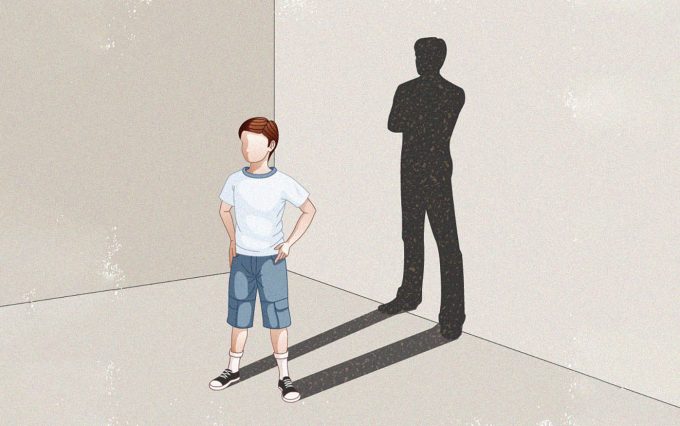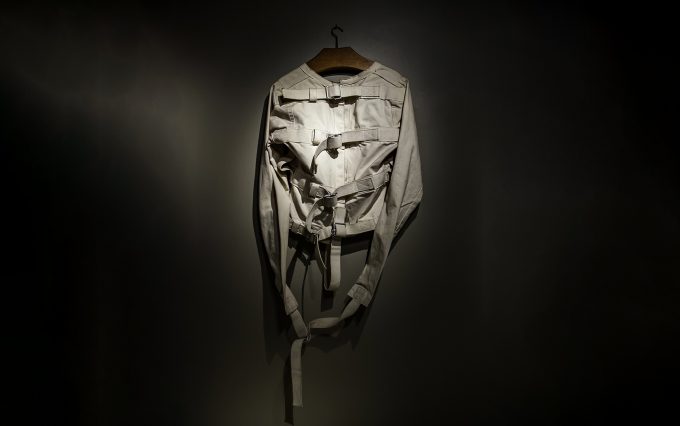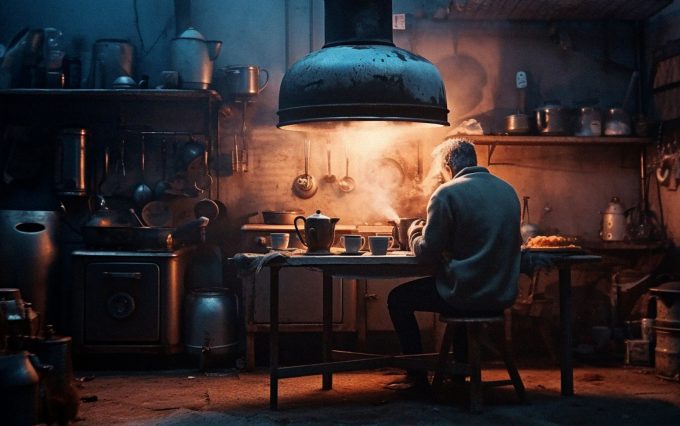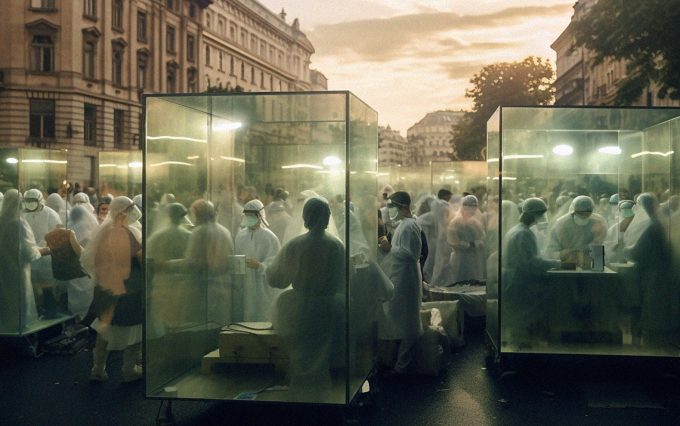#hungarianlit
As a group of excursionists clamber on, a rock becomes a giant, a little girl appears, invisibly, and the group, now separated, get lost in time.
A group of people in a therapy session explore the more sumptuous sides of their hidden desires and touch on the intertwining of trauma and desire.
This beautiful, despairing poem about a biker is a love letter to someone we never missed and an obituary to a stranger we never knew.
A man who fled his youth, and fled authoritarian Hungary reflects on the path, the women, and the romance that led him to maturity.
Weary and worn, Christiana Democracy considers her name, its history, and questions whether in this world a person can still believe.
Closed wards, inertia, and the summer the rivers broke their banks—a meeting between two young people in a cheap bar unearths buried emotion.
A mystery by László Márton involving a Hungarian chemical engineer and a Persian rug, set in Vienna, just six years after the Soviets withdrew.
A fragmentary avantgarde poem by Hungarian poet János Marno, with seemingly no framework, contorted with cynicism, lust, shame, villainy, and terror.
The inhabitants of this plague-struck world, in this poem by Hungarian poet Petra Szőcs, are seething with suspicion, horror, fear, and longing.














